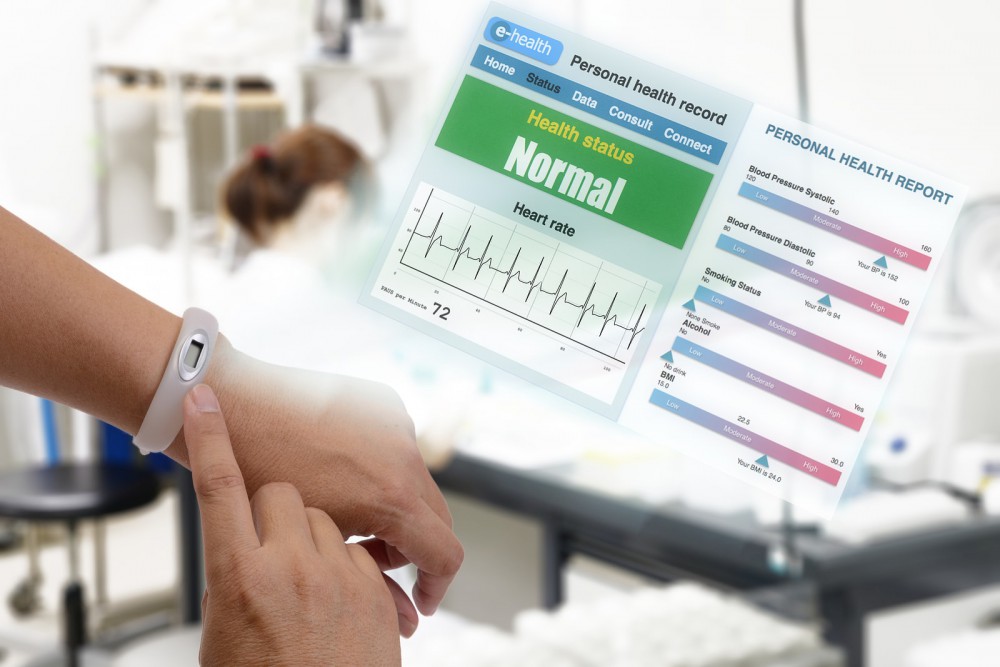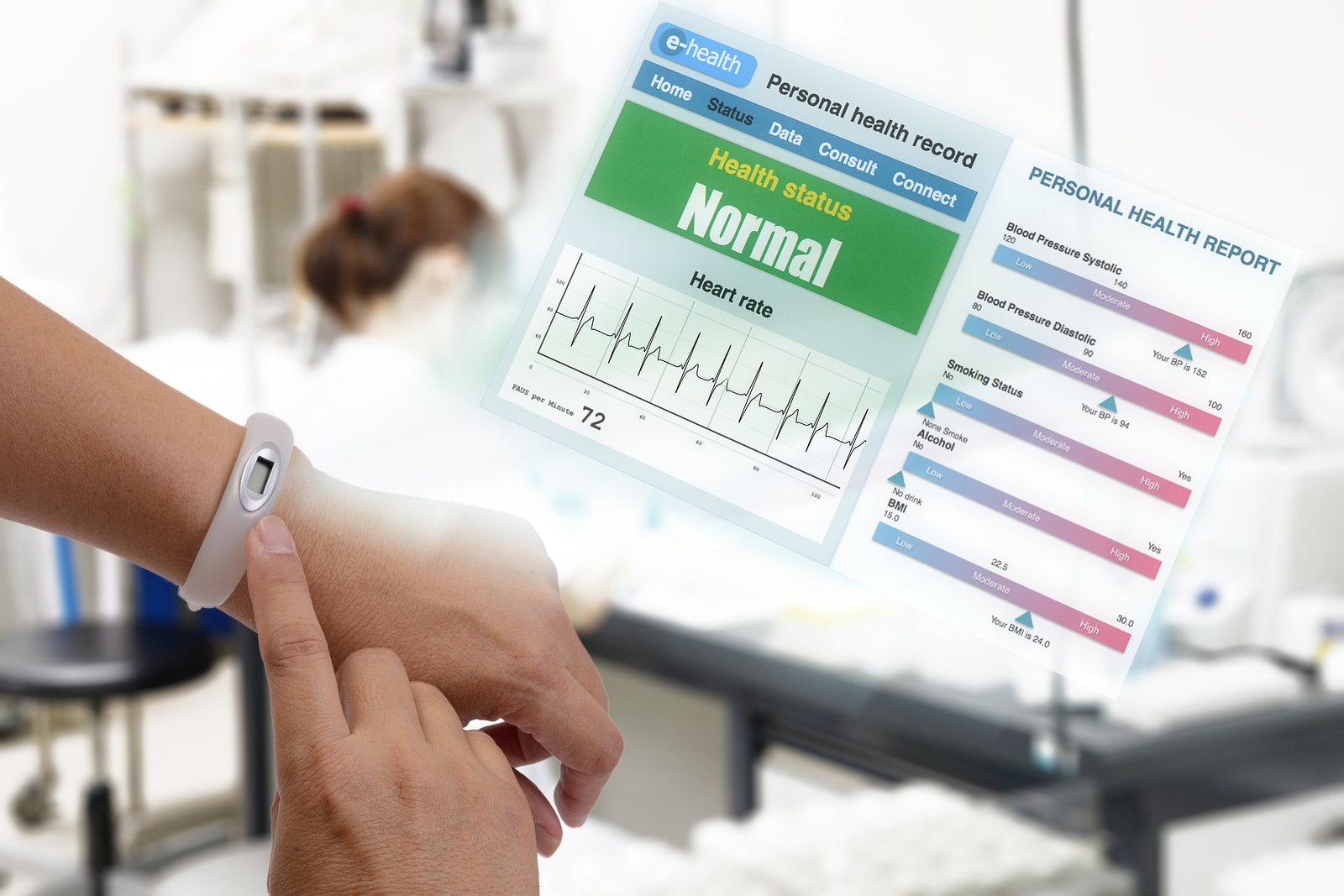
Preventing an electronic health record system (EHR) from automatically ordering daily lab tests without a review process can save a large hospital hundreds of thousands of dollars, according to a new study published in The American Journal of Medicine.
A research team led by Eduardo Iturrate of NYU Langone Medical Center examined 1.3 million lab tests from 2013 to 2014. Those tests were performed on 92,799 patients over 434,059 patient days.
The team found that before the EHR was stripped of its ability to place automatic orders, targeted common tests were automatically ordered 33% of the time. After the intervention, the team recorded a reduction of 8.52% in tests ordered per patient per day.
That testing reduction would save an estimated $323,489 annually.
An EHR is a patient’s medical history in electronic form, according to the Centers for Medicare & Medicaid Services. It is maintained by a health provider and could include demographics, progress notes, problems, medications, vital signs, past medical history, immunizations, laboratory data and radiology reports.
Impact on Clinical Outcomes
The researchers weren’t able to determine if specific harm to patients resulted from the cessation of auto-ordering, but they did examine outcome metrics and found no large negative impact.
You Might Also Enjoy: Cloud-Based Health Records: The Next Step in the Healthcare Revolution
That said, some providers were concerned that patients received blood tests outside the usual time parameters because laboratory tests weren’t ordered automatically.
“This study demonstrates that a simple modification to the electronic order entry system has the capacity to alter provider practices that ultimately decreased costs of hospitalizations and likely did not cause serious patient harm,” the researchers wrote.
The Need for Optimization
A main reason EHR optimization is important is because patients increasingly trust them.
A survey conducted by the Office of the National Coordinator for Health IT (ONC) showed that between 2012 and 2014, the number of people concerned about their medical record privacy dropped from 77% to 58%. At the same time, those worried about their records’ security fell from 72% to 52%.
Other numbers:
- Those withholding information because of privacy or security concerns dropped from 7% to 5%.
- Those supporting EHR use despite privacy or security concerns rose from 75% to 78%.
- Those believing enough security measures were in place for EHRs remained at 84%.
Physicians more Comfortable with EHRs
EHRs are becoming more and more of a mainstay, and another study showed that physician proficiency increases the more they use them – another reason to optimize their usage.
The study, which was published in JMIR Human Factors, compared expert and novice primary care residents at the University of Missouri Health System. Over time, both novice and expert physicians showed increased proficiency, as well as decreased time per task and fewer mouse clicks.
“Results of the study may help EHR vendors improve their user interface so physicians can effectively use the system. The study may also assist in the design of education and training programs by highlighting the tasks that are difficult for resident physicians,” the researchers said.









